What is ALS?
SYMPTOMS AND SIGNS
- Tripping, dropping things, slurred or “thick” speech.
- Muscle cramping, weakened reflexes.
- Difficulty swallowing.
- Shortness of breath at rest.
- Decreased muscle tone.
HOW LONG WILL I LIVE WITH ALS?
- Every case of ALS progresses differently. No one can predict how long you will live, not even your medical team.
- Most people will have a life span of 2 – 5 years, some shorter, some longer. There have been people in Nova Scotia and New Brunswick that have lived more than 10 years.
- The most important tools you have are your family support, your positive spirit, and if you are up to the challenge, your knowledge about the disease and willingness to accept nutritional, breathing, and other types of assistance with equipment.
- ALS NB & NS is a positive group of caring people that want to help you live your best life as long as you can.
TREATMENTS
Today, there is no cure for ALS although the pace of drug research has accelerated greatly since the Ice Bucket Challenge.
For many years, Riluzole was the only drug shown to slow progressions of ALS slightly. Recently, Edaravone became the second agent approved in the management of patients with ALS. The mechanism of either drug is not well known. Riluzole is thought to reduce damage to motor neurons through an inhibitory effect on glutamate release, while Edaravone is thought to act as a neuroprotective agent that prevents oxidative stress damage as a free radical scavenger. With the lack of treatment options, it is imperative for healthcare professionals to understand the nuances of using these 2 agents to optimize therapy and quality of life for patients with ALS.
There are treatments, strategies and equipment to make you as comfortable as possible and aid in breathing, mobility, and communication.
Your multi-disciplinary team at the ALS Clinic will be of great assistance helping you make decisions about interventions and equipment.
ALS CLINIC CONTACT INFORMATION
New Brunswick – The Stan Cassidy Centre for Rehabilitation
Tel: 506-447-4082
Nova Scotia – Capital District Health Authority – Queen Elizabeth II Health Sciences Centre
Tel: 902-473-5565
In ALS, the nerve cells that control the movement of your muscles gradually die, so your muscles progressively weaken and begin to waste away. ALS is recognized as having multiple interacting causes.
Researchers are studying several possible causes of ALS, including:
- Gene mutation. Various genetic mutations can lead to inherited ALS, which appears nearly identical to the noninherited form.
- Chemical imbalance. People with ALS generally have higher than normal levels of glutamate, a chemical messenger in the brain, around the nerve cells in their spinal fluid. Too much glutamate is known to be toxic to some nerve cells.
- Disorganized immune response. Sometimes a person’s immune system begins attacking some of his or her body’s own normal cells, which may lead to the death of nerve cells.
- Protein mishandling. Mishandled proteins within the nerve cells may lead to a gradual accumulation of abnormal forms of these proteins in the cells, eventually causing the nerve cells to die.
Source – mayoclinic.org
